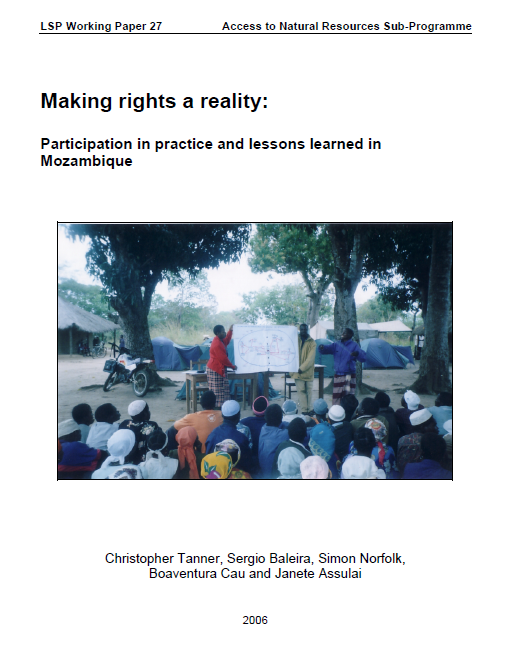Land policies in Sub-Saharan Africa: An Overview" in Akinyi Nzioki, Land Policies in Sub-Sahara Africa, Centre for Land,Economy and rights of women,
The twentieth century will go down in history as a century when Africa fulfilled the dismal Hobbesian prediction. Africa has become the one continent in the world where human life is hardly worth living because of the man-made problems of inequality and impoverishment.





